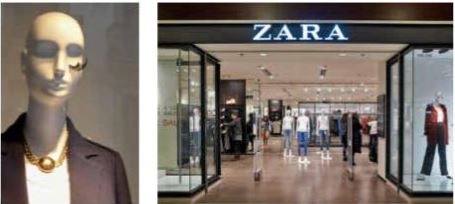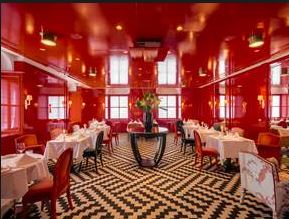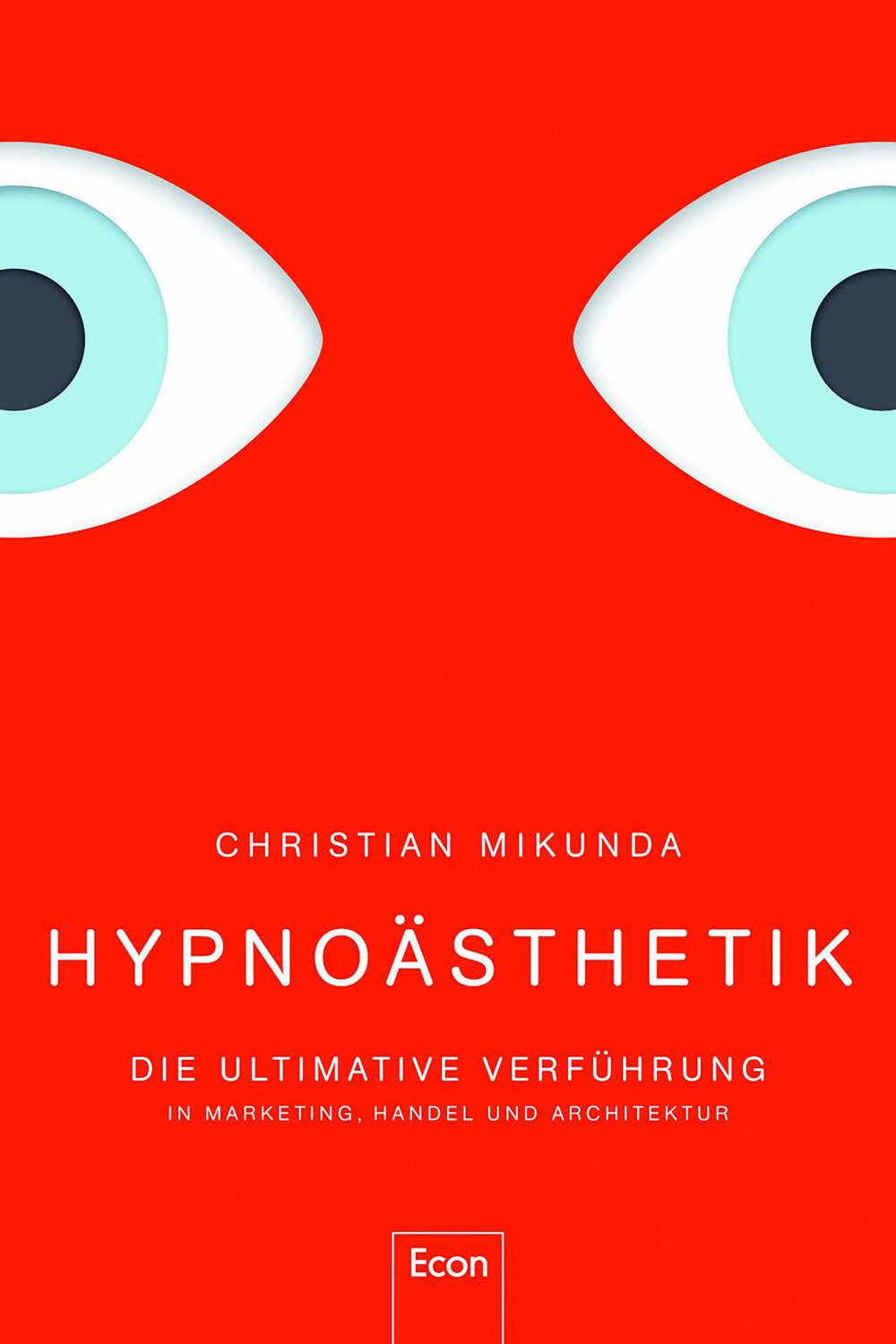Christian Mikunda is a pioneer of the experience economy and one of the thinkers behind strategy dramaturgy. He has travelled the world for many years looking for inspirational “staged places”. Working for businesses, he practises the art of temptation.
Interview by Nina Prehofer
Mr Mikunda, your latest book is all about hypnoaesthetics. What is hypnoaesthetics?
Christian Mikunda: Hypnoaesthetics is a highly intense form of staging that is used in fields such as marketing, retail and the hotel trade and of which you are not consciously aware.
It is not about obvious staging, but instead largely uses psychological mechanisms such as those employed by psychotherapists.
Unlike conventional storytelling or feelings of elation, which I describe in another book, hypnoaesthetics gets right under your skin because you do not even notice its existence. Like hypnosis, it is suggestive.
What are the various mechanisms?
Christian Mikunda: There are four mechanisms: art priming, the method of the staged experience; destabilisation, the method of controlled confusion; hypnoaesthetic trance, the method of absorbed consciousness; and attunement, the method of thrilling consonance.
All mechanisms affect the subconscious and make us aware of a product.
Could you give us some examples?
Christian Mikunda:
DESTABILISATION
To put it briefly, artist Conchita Wurst is an example of destabilisation. We don’t know whether we are looking at a man or a woman – and that confusion makes us hyper-aware and very receptive to what she says. That is why her messages have been so well received.
Another example, in retail, is the Zara dummies with their eyelashes out of place. This is like cold water to the face, opens us up inside and prepares us for the messages that follow. In this case, for the three dummies in the entrance that restore our equilibrium. We have a powerful need for harmony; that is why something like that works.

HYPNOAESTHETIC
The “Rote Salon” at Casinos Austria in Vienna is an example of a hypnoaesthetic trance. The walls and ceilings are the most intense red you have ever seen, and the patterned carpet does the rest, simply sucking away your control.

ATTUNEMENT
To give you an example of attunement: if you are looking for cool trainers, you certainly won’t want someone like me coming up to you in the shop. Instead, you want someone who represents that lifestyle. Someone which whom you are in tune.
ART PRIMING
Finally, art priming presents the assumptions underlying the product instead of the product itself. Enter the Fendi stores in Rome or Paris and you will find them full of art. There are sculptures in the entranceway that encourage you to see the Fendi coat as art too. The sculpture turns the clothing into the same piece of art.

DIE ULTIMATIVE VERFÜHRUNG
IN MARKETING, HANDEL UND ARCHITEKTUR”
By Christian Mikunda.
Published by
Econ Verlag, 2018.
What does this have to do with the hotel trade?
Christian Mikunda: Art priming in particular has in recent years spread from retail to the hotel industry. We saw it for the first time in Las Vegas, in the Cosmopolitan Hotel. The hotel is full of modern art, but not like at an exhibition. There are huge dog sculptures on the way to the conference room, an oversized high-heeled shoe beside a one-armed bandit – that people try to climb into as security tries to stop them. For five dollars, visitors can get artworks from a renowned Jamaican artist out of a vending machine. The Cosmopolitan was the first to say that art is not an accessory, but shows guests that they have a very special view of the world. This approach has now taken off around the world.
How many components do you need?
Christian Mikunda: In drama, it works like this: once has no effect, two might have some effect, and the third time sinks in. Actually, you really need at least five interventions for it to work.
What does art priming do to us?
Christian Mikunda: Suddenly, we act as if we were somewhere else – in a hotel as if in a gallery; in a museum as if in a shop, and so on. This draws us deeper and deeper into the other world and the staging loses its banality. A hotel is no longer simply a hotel. Art priming often involves trance effects, which are a result of mesmerising repetition. Trance effects are created by mysterious objects that hold your gaze, and for a while, you notice nothing else.
Is there a point where you reach overkill?
Christian Mikunda: No, even calculated sensory overload works. Guests use the effect for their own purposes – that is the Instagram moment. In the face of a strong digital presence, every effort is being made to make real places stronger. This means bringing out the heavy – hypnoaesthetic – artillery.
How long does the effect last?
Christian Mikunda: Much conventional staging such as that created by linear storytelling unfortunately ages relatively rapidly. The difference between art priming and all other types of staging is that art priming is timeless and iconic. Just as the Karlskirche church in Vienna is timeless. The Delano Hotel by Philippe Starck once played with the perception of shape with cascading curtains, and the Cosmopolitan Hotel later did so too with eight large pillars in the lobby showing video installations. Even in baroque churches, pillars were in part painted, in part physical structures. A form of entertainment was to stand in a specific place to see whether or not the pillars were real. Or take the Jesuitenkirche church in Vienna with its trompe-l’oeil. There is really not that much difference between that church and a hotel like the Cosmopolitan.
Who is the master of the art priming effect?
Christian Mikunda: I would say Kit Kemp. She now has eight hotels in London and New York. The Ham Yard Hotel in London is a breathtakingly feminine 5-star art priming hotel.
Do you always need five stars?
Christian Mikunda: No, of course not! My family and I are in love with one small, beautiful hotel in Greece where we go on holiday. Wonderfully relaxed, heart-warming and with a fantastic garden.
Then there is the hotel in Germany where a third of the staff have a handicap, in most cases Down syndrome. It is emotional cohesion that creates such
a wonderful effect. I see attunement in such a setting. It works a bit like social mimicry. People like themselves, so they open up to each other, and that creates closeness.
In Austria, I really like the Hollmann Beletage – the Sacher too, which may be a 5-star hotel, but I just feel very comfortable and well cared-for there.
What is next on the horizon?
Christian Mikunda: I believe that we are at the end of the experience economy. The dramatic quality that has been achieved since the 1980s is simply breathtaking, but palatial hotels are now out.
If I had to give a prediction, it would be the growing importance of “natur priming” – our climate crisis alone offers sufficient grounds. Nature priming makes us indifferent to the overly negative in the world and generates resilience. We are better able to deal with heat, noise, overcrowding, rising prices and unpleasant smells if we have been primed through nature. Gardens, tree-lined avenues or green façades can all be used for priming. This development will probably go handin-hand with increasingly feminine hotel aesthetics.
In a world where so much is staged, is there not a longing for the exact opposite?
Christian Mikunda: Yes, the pressure on people has become huge. And by pressure, I also mean the pressure for information and entertainment. We need places to chill. But of course, they are also staged.
What is the most important aspect of any staging?
Christian Mikunda: Treating people well should in my view be a constant. That is one of the secretes of staging in business: you need to like people. A hotel is above all a place of welcome, and needs a little bit of oriental hospitality.

DR. PHIL. CHRISTIAN MIKUNDA and his wife Mag. Denise Mikunda-Schulz run CommEnt, which advises the automotive industry, retail, television stations, museums, airports, the hotel industry and entire towns and regions. At the centre of their work is “shop dramaturgy”, which they see not as tempting people to buy but rather as the chance at a small, calculable piece of happiness.


iThere are no comments
Add yours